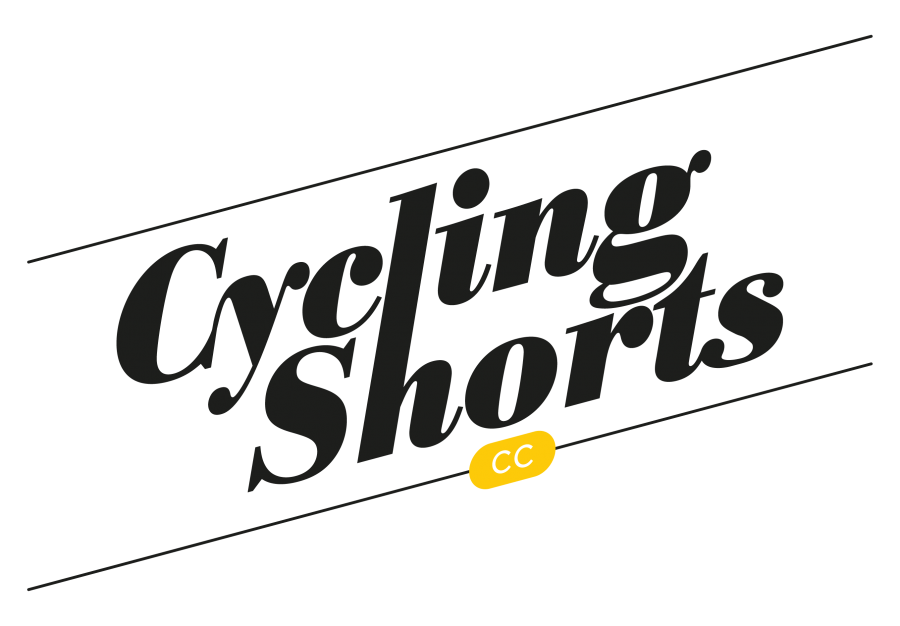Review – The Hour: Sporting Immortality The Hard Way
The Hour
Sporting Immortality The Hard Wayby Michael Hutchinson
 There’s an attractive simplicity to the hour record – one man, one bike, sixty minutes, away you go. As tests of human endeavour go, it couldn’t be simpler, but Michael Hutchinson’s account of his attempt is a long, long way from being an anodyne account of a simple record bid. Part autobiography, part history, part non-fiction drama, it wears a great many hats and (not unlike the author) covers a lot of ground in a very short space of time – it covers his own life story, of course, but also hosts a vast array of anecdotes concerning cycling past and present, road racing, time trialling, training, drugs (inevitably) and the hour record itself. So it’s for anyone with an interest in cycling, because it casts the net far and wide.
There’s an attractive simplicity to the hour record – one man, one bike, sixty minutes, away you go. As tests of human endeavour go, it couldn’t be simpler, but Michael Hutchinson’s account of his attempt is a long, long way from being an anodyne account of a simple record bid. Part autobiography, part history, part non-fiction drama, it wears a great many hats and (not unlike the author) covers a lot of ground in a very short space of time – it covers his own life story, of course, but also hosts a vast array of anecdotes concerning cycling past and present, road racing, time trialling, training, drugs (inevitably) and the hour record itself. So it’s for anyone with an interest in cycling, because it casts the net far and wide.
But I suspect that it might also be a good book for anyone not that interested in cycling, because Hutchinson is a great writer. Self-deprecating and wonderfully dry of humour, he wanders seemingly aimless across the landscape of cycling, touching on a historic fact here, a biographical note there but always linking the narrative together seamlessly and at an easy pace. As the book continues, the spotlight focuses more and more upon his own attempt at the record, and the result is a fantastic portrayal of the almost claustrophobic build-up of stress and intensity.
I won’t spoil the ending, but Hutchinson is well qualified to have a tilt at it – with over fifty national time trial titles to his credit, not to mention three British Time Trial Championships, a brace of Irish Time Trial Championships, a British pursuit crown, and let’s not forget his victories in the Brompton World Championships (a title which the UCI seem strangely to have yet to award a rainbow jersey for), he’s as successful as any domestic male cyclist has been. But he’s also a PhD, and a successful writer, Cycling Weekly columnist Dr Hutch and author of a book on sailing – this is a man with many strings to his bow. However, there’s no ego out of control here – his ability at time trials is, he freely admits, a simple quirk of genetics, and even discovering cycling was an accident; otherwise he’d likely be a frustrated academic to this very day. Moreover, sometimes cringingly self-aware, he has no problem with – indeed, almost rejoices in – poking fun at himself.
If there’s a criticism, it’s that it’s too short; not in terms of value for money, because at a retail price of nine quid in paperback it’s pretty good on that score – I just wish there was more to it than the 288 pages, because he’s never dull, never lingers long on any one topic. As a result it’s an easy-going page-turner that takes you on a compelling journey that’ll have you laughing out loud and gnashing your teeth, sometimes at the same time. In turns both very funny and painfully honest, The Hour just might be the most entertaining book on cycling I’ve ever read.
Title:
The Hour – Sporting Immortality The Hard Way
Author: Michael Hutchinson
Published by Yellow Jersey Press
Available in Paperback & eBook
Price:
RRP £8.99 (Paperback), RRP £8.99 (eBook)




You must be logged in to post a comment.